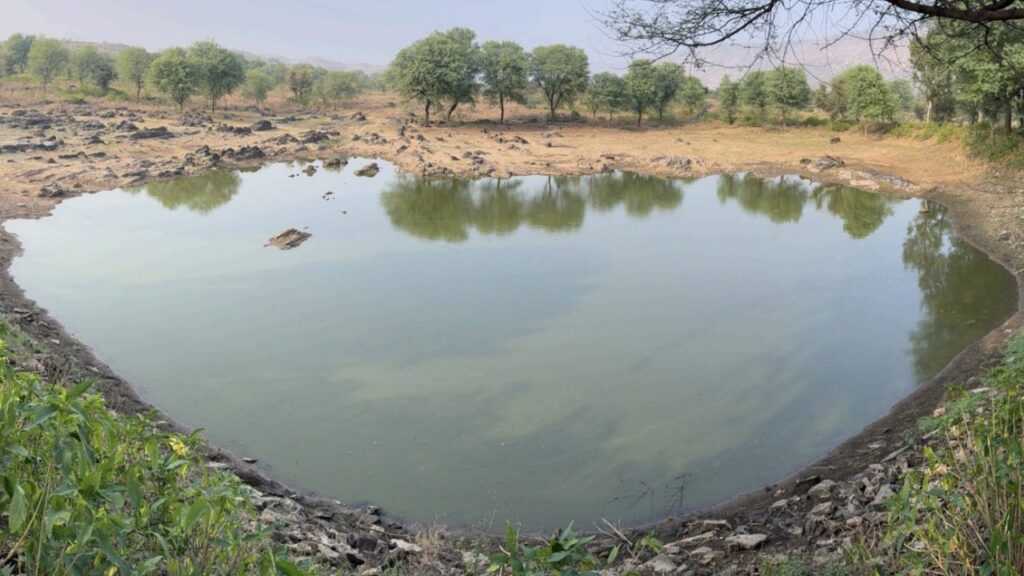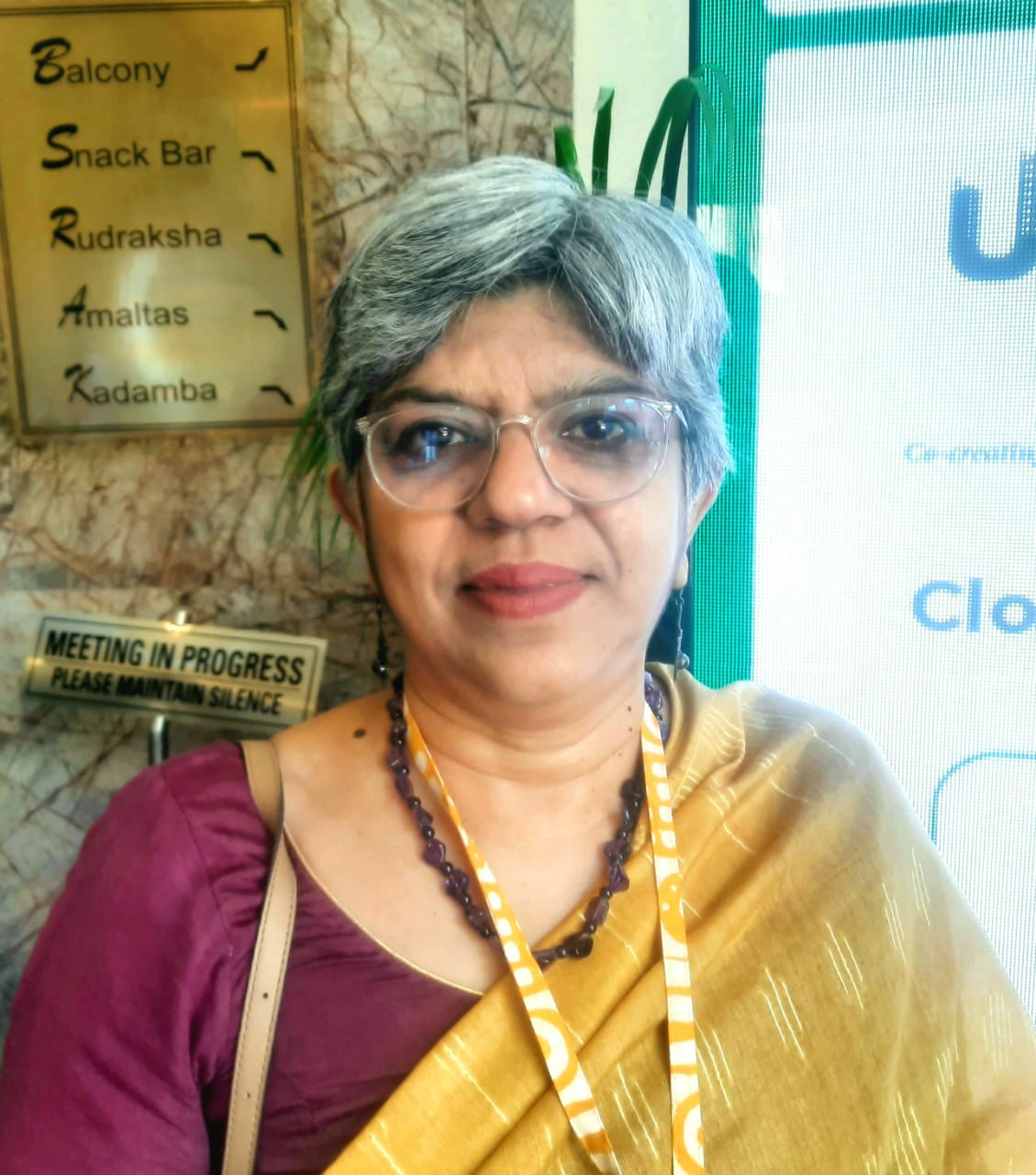Founded in 1975, Tarun Bharat Sangh (TBS) stands as a pioneering Indian non-governmental organization rooted in Bheekampura, Alwar, Rajasthan. Under the visionary leadership of Rajendra Singh—celebrated nationwide as the “Waterman of India”—TBS has spearheaded a transformative movement to revive India’s traditional water wisdom and combat chronic water scarcity in drought-prone regions.
Through the construction of more than 14,000 rainwater harvesting structures and the rejuvenation of 13 lifeline rivers, TBS has catalysed the revival of over 10,000 square kilometers of once-parched land. As a result, nearly one million families have transitioned from water insecurity to resilience and prosperity.
TBS’s comprehensive approach integrates ecological restoration, sustainable farming practices, and deep-rooted community engagement. This integrated model has boosted agricultural productivity, strengthened rural livelihoods, and broadened access to education—especially empowering women and girls in marginalized communities.
Their groundbreaking impact has earned global recognition, including the prestigious Ramon Magsaysay Award (2001), the Stockholm Water Prize (2015), and the Global Energy Award (2021). Yet, beyond accolades, TBS continues to shape the national discourse on grassroots environmental stewardship and sustainable development.
During Urban Adda 2025, a dynamic public dialogue hosted by the Raahgiri Foundation in collaboration with the International Council on Clean Transportation and GuruJal, The Interview World engaged in an exclusive conversation with Maulik Sisodia, Executive Director of TBS. In this insightful exchange, Sisodia shed light on TBS’s flagship initiatives, the profound socio-economic changes witnessed in Rajasthan post-intervention, and the emerging challenges—particularly the growing incidence of flash floods.
Moreover, he delved into the evolution of cropping patterns and the resulting surge in farmer incomes made possible by improved water availability.
Here are the key takeaways from his compelling and thought-provoking conversation.
Q: Could you share insights into the key initiatives undertaken by Tarun Bharat Sangh and the impact they have had on local communities?
A: Tarun Bharat Sangh (TBS) marks a momentous milestone—its 50th anniversary—on May 30, 2025. For five decades, this pioneering environmental NGO has worked tirelessly in the rural heartlands of Rajasthan, focusing on rainwater harvesting and the revival of traditional water wisdom. Founded and chaired by Rajendra Singh, famously known as the “Waterman of India,” TBS has become a national symbol of grassroots water conservation.
Over the past 50 years, TBS, in collaboration with village communities, has constructed more than 15,000 water harvesting structures—including small ponds, check dams, and anicuts. These decentralized efforts have yielded extraordinary results. What began as an effort to secure drinking water has led to the miraculous revival of 20 to 25 rivers, once declared dead. Today, these rivers flow perennially, even in the arid landscapes of Rajasthan—a region once synonymous with drought.
Before these interventions, seasonal drains flowed briefly during the monsoons—lasting barely two to three months. Today, thanks to the dense network of pokhars (ponds) and talabs (reservoirs), the rainwater no longer runs off. Instead, it seeps deep into the ground, replenishing aquifers and rejuvenating entire basins.
This transformation, once unimaginable, continues to ripple across the region. The scale of TBS’s impact now spans from the Chambal belt in eastern Rajasthan—covering Karauli and Dholpur—to the desert frontiers of Jaisalmer, bordering Pakistan. The organization has also expanded its mission to the northern Mewat region, bordering Delhi, and further south to Jhalawar and Kota in the Juhadoti region.
Across these geographies, TBS addresses every dimension of the water crisis—from scarcity and pollution to usage and equitable access. Their mission endures. With unwavering commitment, Tarun Bharat Sangh continues to lead India’s grassroots water revolution, ensuring every drop counts in securing a sustainable future.
Q: What significant economic and social transformations have you observed in Rajasthan in recent years, particularly in rural communities?
A: Come to Chambal if you truly want to witness transformation. In the last 15 years, the work Tarun Bharat Sangh (TBS) has done in this region has sparked a social revolution. Chambal, once infamous for dacoits and gun violence, tells a different story today. The same hands that once held rifles now hold spades. Former outlaws have returned to their fields, choosing cultivation over conflict.
This change is profound. These men always had land—but lacked water. And when there is no water, desperation breeds unrest. In such dire conditions, youth often stray down violent paths. But everything shifted when water reached their soil. Suddenly, their land demanded their presence all year. That grounded them. With irrigation came opportunity. With roots came purpose. They began asking themselves—why waste our lives fleeing the police, living in fear, and never knowing night from day?
Water sparked agriculture. Agriculture fed families. Hunger gave way to dignity. And slowly, the local economy transitioned—from violent to non-violent, from lawlessness to livelihood. That is the power of water. Its ripple effect knows no bounds.
Now shift your gaze to Mewat, a region bordering Delhi. Here, the story is different, but the struggle is the same. Due to climate change, scorching heatwaves that once arrived in May now begin in April. In this relentless heat, women still walk miles to fetch water. They carry this burden under the blazing sun, often with children in tow.
To ease this hardship, TBS is building small water tanks directly within their homes. This gives them access to clean, safe water right at their doorstep. The results are immediate—less physical strain, improved health, and more time for children to attend school instead of tagging along on water treks.
Different regions. Different communities. Same crisis—water. Yet, the solutions must adapt to each unique context. Tarun Bharat Sangh continues to design these locally rooted, human-centered responses—proving that water is not just a resource; it’s a catalyst for peace, prosperity, and progress.
Q: In recent years, Rajasthan has witnessed an unusual rise in flash floods, especially over the past decade. What are the key environmental or human-induced factors contributing to this shift?
A: You mentioned a 10-year window—but let’s be clear: climate change is not a distant theory confined to textbooks. It is a harsh, lived reality, especially for India’s farmers. They bear the brunt of its impact every single day.
Just speak to them. A decade ago, they began preparing their fields by June, confident in the seasonal rhythm. Today, that rhythm is broken. If the rains arrive on time, the crops survive. If not, the fields wither under a merciless sky. There’s no predictability left.
Worse still, when rain does come, it often arrives with destructive intensity. August now brings torrential downpours, triggering flash floods. In stark contrast, prolonged dry spells and recurring droughts stretch across other months. This erratic pattern—marked by extreme weather events—has become more frequent and more severe over the last 10 to 15 years.
At the heart of it lies climate change. And its consequences are no longer abstract. They are devastating harvests, disrupting livelihoods, and pushing already vulnerable communities into deeper uncertainty.
Q: With improved water availability for farmers in Rajasthan, what types of crops are now being cultivated, and how has this shift impacted their economic well-being?
A: Water conservation remains our most powerful tool to mitigate the impact of climate change. No matter how advanced our technology or how ambitious our space exploration, only water can quench our thirst—and we must find solutions here, on Earth.
We often talk about discovering water on the Moon or Mars. But those conversations are purely academic. We cannot bring that water to Earth, nor are those discoveries anywhere close to practical use. In contrast, we have an immediate, tangible opportunity right here—to conserve the rainwater nature still provides.
In the past, we lacked systems to store and manage rainwater effectively. Today, that has changed. Through well-designed programs, farmers now build check dams, ponds, and small reservoirs. These structures recharge groundwater and ensure a steady water supply throughout the year.
This transformation has already started to reshape agriculture. Previously, farmers could only grow rain-fed crops like maize, barley, and pulses during the monsoon. But with water now available in the dry months, they’re also cultivating vegetables during summer.
The impact is multi-fold. These additional crops not only improve household nutrition but also generate extra income. Farmers no longer depend solely on one harvest. With perennial water access, they’ve diversified their crops, improved food security, and strengthened their livelihoods.
In short, conserving water isn’t just an environmental imperative—it’s a direct investment in our rural economy, our health, and our future.









